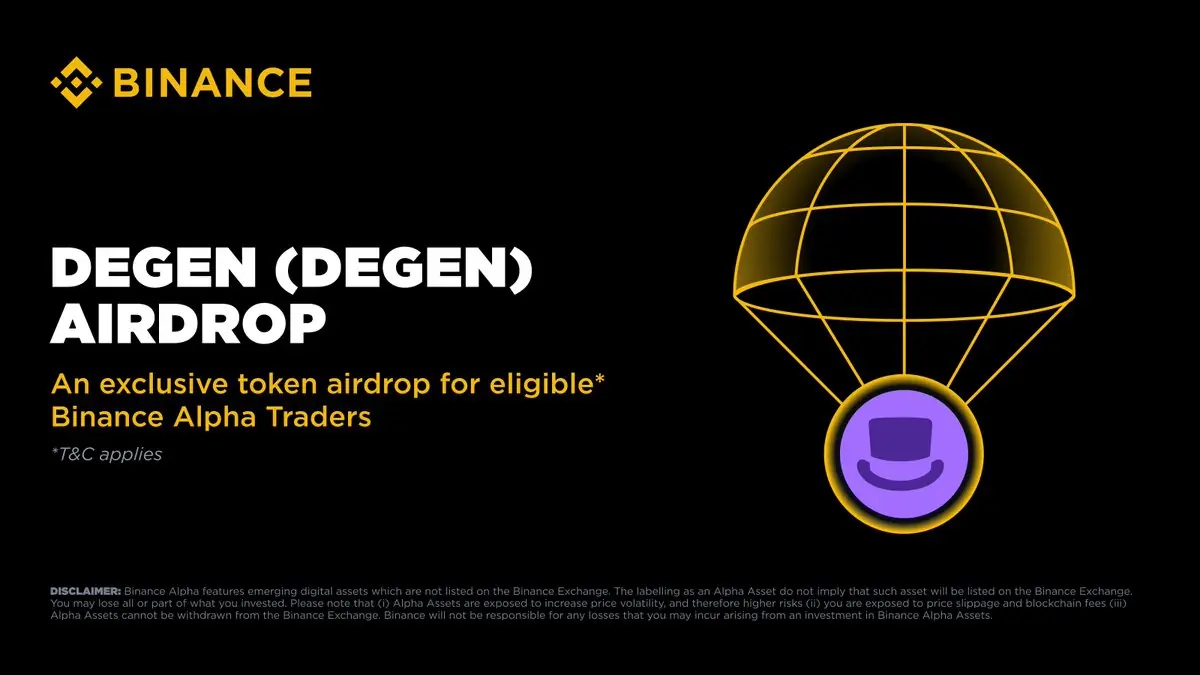TLDR
SEC Chair Paul Atkins criticized previous administration’s heavy-handed approach to crypto regulation under Gary Gensler Agency is considering conditional relief for qualifying blockchain startups to operate without immediate regulatory intervention Atkins defended self-custody as a “foundational American value” and wants to reduce restrictions on self-custodial wallets SEC published new guidance clarifying that not all mining and staking activities fall under securities law oversight The agency dropped enforcement actions against Coinbase and Ripple following the leadership changeThe Securities and Exchange Commission is taking a new approach to cryptocurrency regulation under Chair Paul Atkins. The agency appears ready to ease restrictions that limited blockchain innovation during the previous administration.
Atkins spoke at a recent SEC roundtable event focused on decentralized finance. He criticized how the prior administration handled crypto regulation through court cases and enforcement actions. The new chair said these tactics discouraged Americans from participating in blockchain-based financial systems.
 Source: SEC
Source: SEC
The SEC is now reviewing conditional exemptive relief for qualifying blockchain startups. This would allow certain projects to operate without immediate regulatory intervention. The agency wants to encourage innovation while still protecting investors from fraud and market manipulation.
Self-custody rights have become a key focus for the new leadership. Atkins called the ability to hold your own crypto assets a foundational American value. He said the previous administration wrongly targeted developers of self-custodial wallet software by claiming they might be conducting brokerage activities.
Updated Guidance on Mining and Staking
The SEC’s Division of Corporation Finance published new guidance on proof-of-work mining and protocol staking activities. The statements clarify which blockchain activities fall outside existing securities law. This gives developers and users more confidence to pursue blockchain projects without fear of unexpected enforcement.
The agency explained that not every mining or staking activity triggers SEC oversight. This distinction helps DeFi projects built on community consensus models understand their regulatory obligations. The guidance aims to reduce uncertainty that previously limited blockchain development.
The SEC referenced a court case involving Risley v. Universal Navigation Inc. to help determine liability for code creators. A court ruled it would be irrational to hold a self-driving car developer liable for third-party misuse of their technology. The SEC applied this logic to suggest that DeFi protocol developers should not automatically face liability for how others use their code.
Enforcement Actions Dropped
The regulatory shift has already produced concrete results in ongoing legal cases. The SEC agreed to drop its enforcement action against Coinbase after less than two years in court. The agency also dropped its appeal against Ripple following a previous court decision favoring the company.
These moves represent a major change from the enforcement-heavy approach under former Chair Gary Gensler. The previous administration launched numerous lawsuits against crypto companies and projects. Critics said this strategy created regulatory uncertainty that harmed American blockchain innovation.
The SEC’s crypto task force has held five roundtable events this year to discuss various aspects of digital asset regulation. Previous sessions covered crypto trading rules, custody requirements, tokenization, and token classification. Commissioner Hester Peirce leads the task force that organizes these discussions.
Commissioner Caroline Crenshaw noted the complexity of the issues being discussed. She said the roundtables have provided much to consider but questioned whether simple or quick solutions exist. The stakes are high for getting the regulatory framework right.
The agency’s leadership panels at both the SEC and Commodity Futures Trading Commission face staffing challenges. Several commissioners have resigned or seen their terms expire. The Senate Agriculture Committee is scheduled to consider President Trump’s nomination of Brian Quintenz as CFTC Chair.
The post How Paul Atkins Plans to Fix the SEC’s Broken Crypto Strategy appeared first on CoinCentral.


 1 week ago
13
1 week ago
13 










 Bengali (Bangladesh) ·
Bengali (Bangladesh) ·  English (United States) ·
English (United States) ·